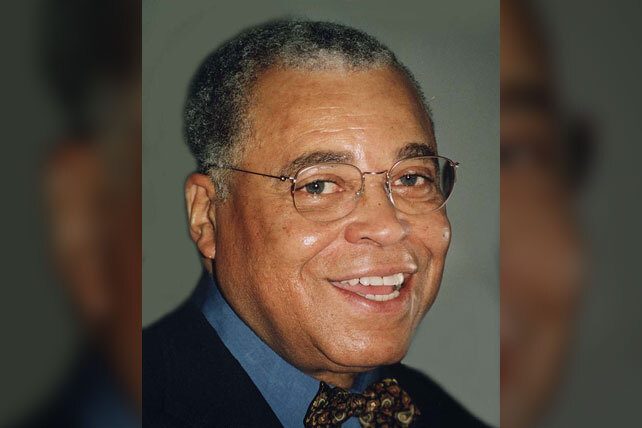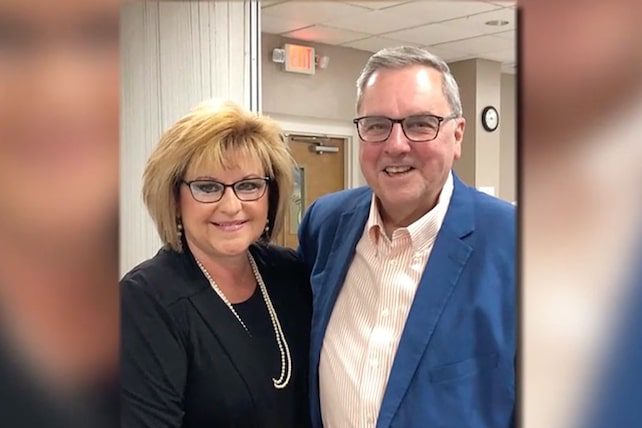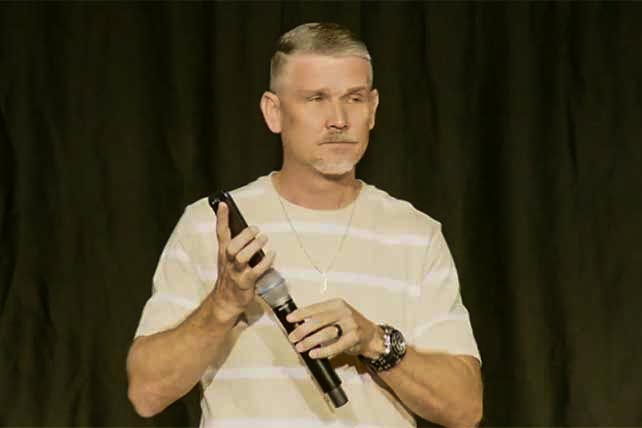(RNS) — Former President Donald Trump’s shifting rhetoric on abortion has unsettled some conservative faith-based activists, with evangelical Christian leaders especially fretting over the Republican presidential candidate’s recent remarks on Florida’s proposed abortion amendment and allowing federal funding for IVF procedures that some say are tantamount to abortion.
But even amid the backlash, several of Trump’s longterm evangelical supporters are insisting the former president, who still publicly takes credit for nominating the conservative justices who helped overturn Roe v. Wade in 2022, remains the best candidate for their cause.
Trump has distancing himself from hardline abortion stances since at least September 2023, when he riled anti-abortion activists by calling Florida’s six-week abortion ban a “terrible thing and a terrible mistake.” But last month, he called Florida’s current limit on abortion to the first six weeks of pregnancy “too short” and, when asked about a ballot initiative in the state that would enshrine abortion access, said, “I am going to be voting that we need more than six weeks.”
RELATED: Donald Trump Promises IVF Paid for by Government or Insurance; Pro-Life Christians Spar Over Use of IVF
The comments drew swift blowback from anti-abortion activists such as Jeanne Mancini, head of the March for Life, an annual anti-abortion event in Washington where Trump spoke in 2020. In a pair of posts on X on Aug. 30, Mancini responded to Trump’s remarks without mentioning him by name.
“Any politician that would consider voting affirmatively for such a measure will undoubtedly lose the support of pro-life Americans,” she wrote. “We must not lose sight of the fact that the human rights issue of abortion takes the lives of the unborn and deeply harms women both mentally and physically. The reality is that the tragedy of abortion cannot be reduced to politics alone, much less sacrificed for what is perceived to be politically expedient.”
Trump’s campaign insisted he did not say precisely how he would vote, and the candidate himself eventually clarified to Fox News that he would not support the ballot initiative. But the back-and-forth came the same week that Trump announced plans to federally subsidize in-vitro fertilization, a procedure opposed by some anti-abortion activists because it often involves the disposal of embryos.

Republican presidential nominee former President Donald Trump speaks during a campaign event at the Economic Club of New York, Thursday, Sept. 5, 2024, in New York. (AP Photo/Pamela Smith)
In June, an effort to protect IVF access failed in the U.S. Senate after most Republicans, including Trump’s running mate, Ohio Sen. JD Vance, voted against it. About the same time, the Southern Baptist Convention, at its annual meeting, voted in support of a measure calling for more government regulation of the process.
Al Mohler, the president of Southern Baptist Theological Seminary, who in June called IVF “immoral,” warned Trump in an editorial this week that he risks alienating his anti-abortion base.
“(Trump) needs to remember that he cannot win without strong — very strong — pro-life support,” Mohler wrote in World Magazine, an evangelical Christian publication. “The other side is not impressed with his equivocations on the issue, even as his base is endangered by any confusion.”
Lila Rose, head of the influential anti-abortion group Live Action, blasted the Trump campaign on social media on Aug. 29, saying, “Given the current situation, we have two pro-abortion tickets. A Trump win is not a pro-life win right now.”
In an interview with Politico Magazine, Rose refused to say whether she would vote for Trump, saying only, “I am going to see how the next few weeks unfold,” and urging her supporters to put pressure on his campaign.
Trump has suggested his shift on the issue is a result of raw politics: Since the 2022 Dobbs decision, which overturned Roe and allowed states to make their own abortion policy, abortion-related ballot initiatives have gone the way of abortion rights activists — even in red states such as Kansas and Ohio. Trump blamed the Republican Party’s anti-abortion stance for its middling results in the 2022 midterm elections.
With 10 more abortion-related ballot initiatives in November — including in swing states like Arizona — the issue has the potential to fracture the Republican coalition. White evangelicals, who have long heavily supported the GOP and who alone make up 30% of the party according to a Public Religion Research Institute, are disproportionately opposed to abortion: 72% believe the practice should be illegal in all or most cases, according to a separate PRRI survey conducted in March.
Nationwide, 64% of Americans told PRRI that abortion should be legal in all or most cases — including 62% of white Catholics and 57% of Hispanic Catholics, despite official opposition from the Catholic Church. When it comes to IVF, 70% of Americans say IVF access is a good thing, according to an April poll from Pew Research, with majorities of every major religious group saying the same — including 63% of white evangelicals.
In July, the RNC published a new platform that omitted the rationale for a federal abortion ban for the first time in decades, likely reflecting Trump’s misgivings about the political liability of the party’s traditional position.
Abby Johnson, who runs the anti-abortion group And Then There Were None, suggested in a statement sent to Religion News Service that activists have been pushing Trump and his campaign behind the scenes to change course.
“President Trump’s comments surrounding life issues have been troubling for many in the pro-life movement,” Johnson said. “That is why many of us have been working behind the scenes with him and his campaign team, hoping to change the course he is on. We have already seen some course correction and we hope to see much more.”





























